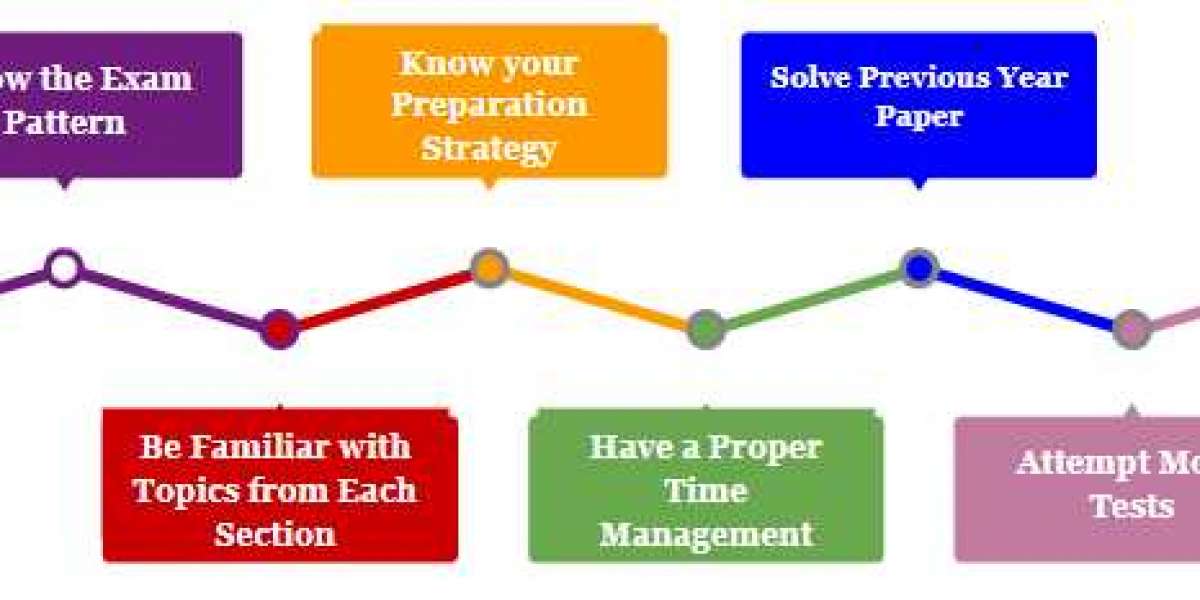Anyway, let us start with the most important topics related to the RBI Grade B preparation:
Study Sequence
- When you start with your preparation, take at least 3 mocks of both Phase 1 and 2 to identify your strong and weak areas. Scores 50% shall be considered weak.
- Categorize subjects falling under strong and weak categories, after carefully evaluating which of them you are strong in and which of them you are weak in. Be honest.
- Next, you should Create a Study Timeline, I.e., Divide your preparation time into week-wise phases. Pick out 2 subjects at a time, one that you are strong at, and another you are weak at. You can also use the timetable given by me below. It is divided into morning and evening shifts.
- Brush up on Current Affairs: You can make use of ‘Spotlight’, ‘PIB Current Affairs’, and ‘Finance Current Affairs’ to study current affairs. If you have limited time, start with current affairs when you are done with at-least 50% of your syllabus. Do not begin your preparation with the current affair.
- Practice Writing: Attempt a test of Phase 2 FM or ESI and Essay every week to improve your writing skills.
Important Techniques
- Have the schedule for your day prepared before leaving the bed in the morning and stick to it as steadfastly as you can.
- Revise either daily or weekly, depending on your timetable. Working aspirants can follow weekly revision schedule and students can follow a daily revision schedule.
- You should Analyze past year papers diligently. Doing so would help you to list the important static parts of the subjects and shed light on the shifting trends/Changing patterns.
- Carry out a Self-Assessment every once in a while: Be sure to observe yourself, as you are the best guide of yourself. You must know where you lack and how much time you need to devote to a topic.
- Don’t devote too much time on reading newspaper. Current affairs magazines are more helpful before interview. Argumentation and opinions help in the interview stage more. You can rely on monthly magazines for phase 1 and phase 2.
Approach to mocks
- Writing mocks every week is very important. Mocks can be sectional or comprehensive, depending on the stage of your preparation. You can start with sectional tests by using my RBI Phase 1 and Phase 2 sectional mock books. When the examination is 1 month away, you can begin comprehensive mocks.
- Sectional as well as comprehensive tests help by improving time management skills of the aspirant.
- Mock analysis is as important as mocks itself. You can analyse mocks by dividing your answers into 3 parts- correct, incorrect and not answered. You need to work on questions that got correct by fluke and the answers that got wrong due to silly mistakes. Try to minimize these two.
- Work on elimination technique to score higher and also enhance your accuracy. Under elimination, you eliminate all options before finalizing your answer choice. It is certainly more time consuming but more accurate as well. (Elimination is not always successful in quant and reasoning. If you have arrived at the right answer by solving a question, no need to apply elimination)
Do’s and Don’ts
- Cramming Wisely: Question papers have become a mix of concepts and facts – this needs a holistic approach wherein you are cramming and understanding concepts together.
- Limited your Sources of study: Sources are like old friends that are always there to help you in the time of need. You do not need to read from new books, decide on a few and stick to them, besides you won’t have the time to go through new books.
- Practice on as many Aptitude tests as you can: Remember to practice Aptitude mock test as often as you can. GS paper will be evaluated only if you clear CSAT by getting 33% or 66 marks. Do not forget to cover aspects like mental ability, comprehension, and logical reasoning while taking aptitude tests.
- Manage your time well: Make sure to not spend much of your time and energy on useless talks and discussions. Stay away from stressful people and Eat, Sleep, Study Meditate for better results.
- Stay away from things like Facebook, Instagram, or entertainment sources like Web series or other social media platform which can distract you.
- Do not use your phone while studying. If you don’t have a laptop, get an old laptop or desktop. Phones aren’t meant to study. Keep your phone in another room or in a drawer while studying. This is rule 101.
Those were all the important points for you to keep in mind while preparing for the RBI Grade B exam.
Now let’s look at the Day-wise study plan that I have made for you in the form of tables, but before that, let us go through some important points that will help you understand the study plan better.








